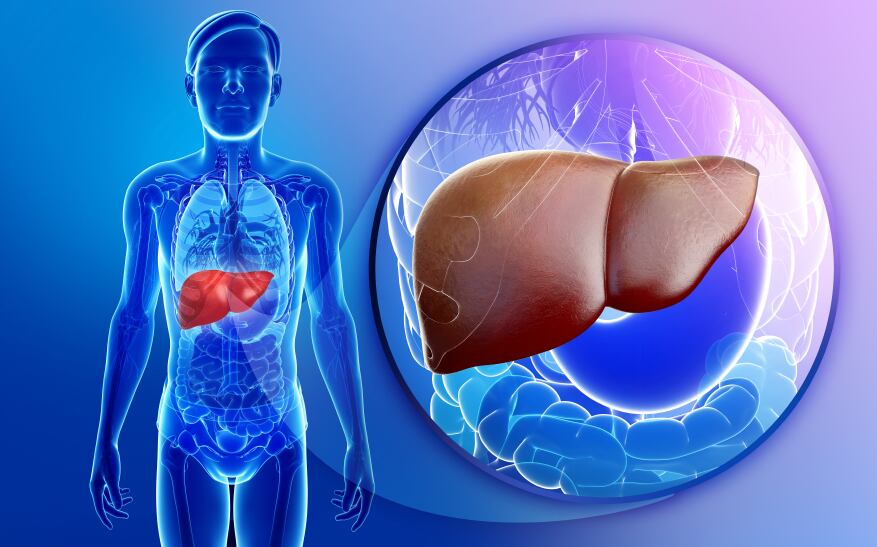The mouse study reports that simply adding broccoli to a high-fat, high-sugar (HFHS) ‘Western style’ diet could block the development of nonalcoholic fatty liver disease (NAFLD) linked with obesity.
Consuming a HFHS diet is known to increase risk of obesity and is linked with the development of NAFLD, which can lead to diseases such as cirrhosis and liver cancer.
Writing in the Journal of Nutrition, the researchers also suggest broccoli could help to protect against the development of liver cancer. It found that mice exposed to a known carcinogen developed fewer tumours when given broccoli.
"The normal story about broccoli and health is that it can protect against a number of different cancers. But nobody had looked at liver cancer," commented senior author Professor Elizabeth Jeffery, from the University of Illinois.
"We found that the Westernised diet did increase fatty liver, but we saw that the broccoli protected against it. Broccoli stopped too much uptake of fat into the liver by decreasing the uptake and increasing the output of lipid from the liver.”
“Including broccoli in the diet may have substantial public health implications for maintenance of a healthy liver, particularly in those who are greatly overweight,” the team added.
Counteracting the ‘Western diet’
The four-way study saw groups of mice randomised to receive either a Westernised or control diet, which was supplemented with or without freeze-dried broccoli. The mice were then exposed to the known carcinogenic chemical diethylnitrosamine once per week.
"We wanted to look at this liver carcinogen in mice that were either obese or not obese," said Jeffery. "We did not do it using a genetic strain of obese mice, but mice that became obese the way that people do, by eating a high-fat, high-sugar diet."
They found that for mice on the Westernised diet both the number of cancer nodules and the size of the cancer nodules increased in the liver. But when broccoli was added to the diet, the number of nodules decreased.

"But on top of that we were looking at the liver health,” said Jeffery – noting that while adding broccoli to the mice’s diet did not affect their body weight, it did bring liver metabolism under greater control.
The team found that daily consumption of broccoli was able to suppress the activation of hepatic macrophages, decrease liver fat accumulation, reduce liver damage, and protect against the initiation and progression of liver tumorigenesis.
"This is one of the things that makes this very exciting for us," commented Jeffery.
Whole broccoli vs bioactives
The authors concluded that the whole broccoli intervention resulted in a ‘substantial’ beneficial health effect – adding that the results showed a greater influence on liver health than previous research.
Broccoli is the only commonly eaten vegetable that contains meaningful quantities of glucoraphanin – a naturally occurring compound that is converted into the bioactive compound sulforaphane by the gut. Many studies linking broccoli to anti-cancer effects have suggested that sulfophane is the key to such benefits.
“The broccoli diets in our study, which contained only 0.4 mmol glucoraphanin/kg diet, showed a greater influence on hepatic lipid regulation than pure sulforaphane, which was given at a substantially greater dose (5.6 mmol/kg),” they wrote.
Source: Journal of Nutrition
Volume 146, Number 3, Pages 542-550, doi: 10.3945/jn.115.228148
“Dietary Broccoli Lessens Development of Fatty Liver and Liver Cancer in Mice Given Diethylnitrosamine and Fed a Western or Control Diet”
Authors: Yung-Ju Chen, Matthew A Wallig, and Elizabeth H Jeffery
